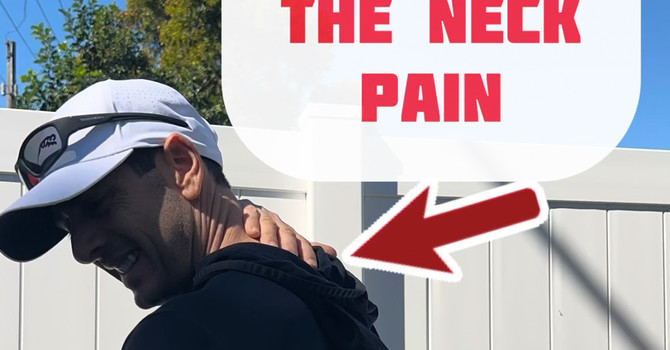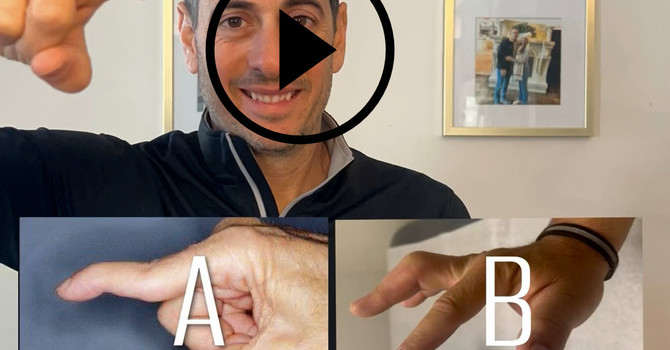
Low Back Pain Isn’t Always About a Herniated Disc
If you’re dealing with persistent or recurring low back pain, the first thing that often comes to mind is a herniated disc. But in clinical practice, that’s not always the case. One of the most overlooked causes of low back pain is facet joint irritation — a condition I frequently treat in the clinic.
What Are Facet Joints and Why Do They Hurt?
Facet joints are small joints located on the back side of your spine. They play a key role in guiding and limiting movement, such as bending, twisting, and extending your back. When these joints become irritated — due to stress, posture, overuse, or injury — they can cause sharp, localized pain.
Facet Joint Pain vs. Disc-Related Pain: Know the Difference
Understanding the source of your pain is crucial to getting the right treatment. Here’s how to spot the difference:
Facet Joint Pain
-
Feels sharp and pinpointed
-
Worse with arching backward or rotating
-
Often doesn’t radiate down the leg
Disc-Related Pain -
Feels dull, achy, or deep
-
Worse with sitting or bending forward
-
May include numbness, tingling, or pain down the leg (sciatica)
Why the Right Diagnosis Matters
Treating the wrong source of pain can lead to frustration and flare-ups. If your pain is truly coming from the facet joints, common disc-related treatments like passive stretching or flexion-based exercises may not only be ineffective — they could make things worse.
Facet Joint Pain Treatment That Works
When the facet joints are the root of the problem, my go-to treatments include:
-
Dry Needling: Reduces muscle tension and joint irritation
-
Gentle Joint Mobilizations: Improves mobility and decreases stiffness
-
Targeted Movement Therapy: Restores proper movement patterns and reduces stress on irritated joints
Signs Your Pain Might Be Facet-Related
If you notice pain flaring up when you:
-
Twist your spine
-
Arch your back
-
Get out of bed in the morning
…there’s a strong chance your facet joints are the culprit — not a herniated disc.
Don’t Guess — Get It Assessed
If you’re experiencing ongoing low back pain, especially with movement, a thorough evaluation can help determine if facet joint irritation is the true source. The sooner it’s identified, the sooner you can get back to moving pain-free.
Ready for Relief?
Let’s figure out what’s really behind your back pain and start targeting the root cause — not just the symptoms.

Dr. Steve Muscari
Contact Me


.jpg)

